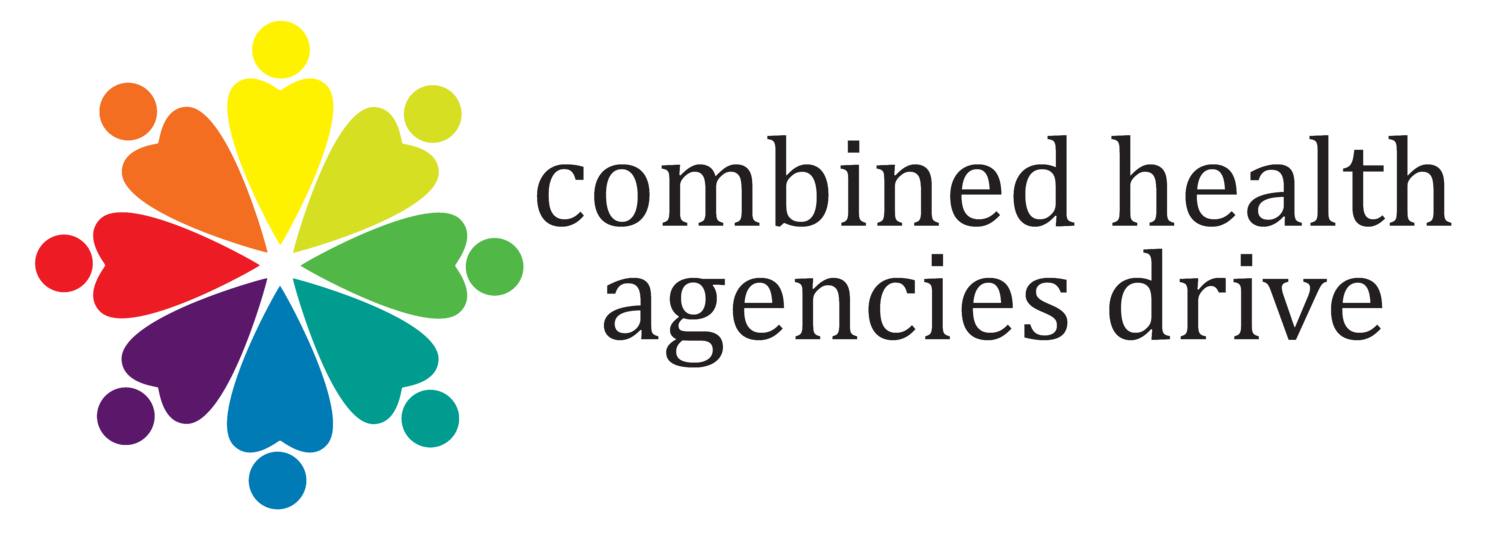Tommy’’s Story
My name is Tommy Young Dennis. In January 2010, I noticed a strange outbreak on my skin. I assumed it was just cosmetic, but I went to the dermatologist to be on the safe side. The doctor was cold and uninviting. He didn’t ask any medical or personal questions — just did a quick exam and asked if I had ever been tested for HIV.
I left that appointment feeling like assumptions were made about me that affected my care. I’m Black, and the doctor made it clear that he assumed I was gay. His attitude was judgmental and dismissive, and I dreaded coming back to get my test results.
A week later, I brought a friend with me for support when I returned for my follow-up appointment. The same doctor was there, with the same dehumanizing tone. He didn’t even come into the exam room to give me my results. He just stood in the doorway, with the door wide open, in front of the nurses’ station, and told me I was HIV positive.
Then he said, “We’ll get you on your way.” He offered zero information about what living with HIV would be like. He gave me no resources, no pamphlets, no plan, no referral, no “Here’s how we can help.” Nothing. No level of comfort was provided. He didn’t even stay in the room for any follow up questions.
I wanted a second opinion. I knew the Nebraska AIDS Project’s free clinic offered walk-in testing, so I steeled myself for another uncomfortable doctor’s appointment and went to their office. Right away, I could see the experience was going to be different. The receptionist was friendly. The staff made eye contact. I was treated in a private room. The person who handled the testing asked to hear my story, and when they saw I was scared, they comforted me. When my second HIV test came back positive, they referred me to an infectious disease specialist who put me at ease, educated me, created a plan and showed me support.
I’m glad I sought a second opinion even though I got the same result the second time around, because I deserve compassionate, quality medical care. So does every Nebraskan. The Nebraska AIDS Project was there for me, advocating for my health. Ultimately, a doctor I paid to see was less knowledgeable than the staff at a free clinic. Here in Nebraska, we suffer from a deep lack of education about HIV and about trans and queer people. Even medical providers know less than they should about HIV.
My experience set me on a path of advocacy I still walk today. I now work at the Nebraska AIDS Project, so I can be that advocate for others trying to navigate a system that isn’t always educated or kind. No one should be
discriminated against because of who they are, who they love or their health status.

